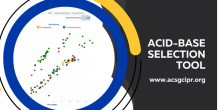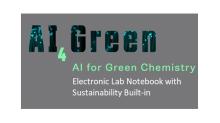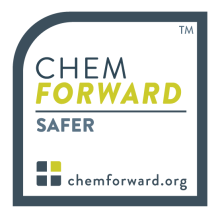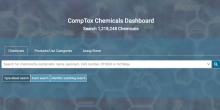Acid-Base Selection Tool
The Acid-Base Selection Tool developed by the ACS Green Chemistry Institute Pharmaceutical Roundtable aims to enable scientists across industry and academia to choose more sustainable acids and bases. The Acid-Base Tool contains over 200 acids and bases which the user can filter by parameters including pKa (in water or acetonitrile), functional groups, melting point, and boiling point.







